News + Media
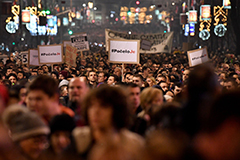 |
Analysis + OpinionFebruary 1, 2019Serbian journalists are under attack. Does the international community care?Una Hajdari The New RepublicSupported by the US and EU, praised at Davos: President Aleksandar Vucic is on a roll. No one seems to want to contemplate the appalling assaults on press freedoms. |
 |
In the NewsFebruary 1, 2019Trump administration downplays fears of post-treaty arms raceKatie Bo WilliamsDefense One“I’m not worked up one way or another,” said Vipin Narang. “Russia has been out of compliance since 2014 and the question is how to deal with it. If you punch out, you let Russia paint you as the arms control destroyer [but] if you stay in, Russia is still going to violate it. I’m not really sure what options were left [other than withdrawal].” |
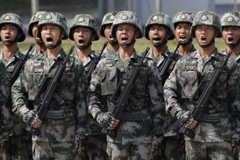 |
In the NewsJanuary 30, 2019M. Taylor Fravel on how the People's Liberation Army does military strategyAnkit PandaThe DiplomatThe Diplomat speaks with M. Taylor Fravel about how China’s People’s Liberation Army thinks about war. |
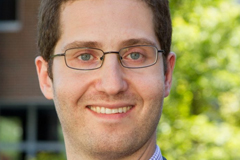 |
Analysis + OpinionJanuary 29, 2019Great power competitionJoshua Shifrinson, Emma Ashford, and A. Trevor ThrallCato InstituteJoshua Shifrinson, author of Rising Titans, Falling Giants, discusses foreign policy trends on a Cato Institute podcast. |
 |
In the NewsJanuary 25, 2019Trump's bizarre claims about Russian invasion of AfghanistanNECNCarol Saivetz discusses on NECN pro-Russia propaganda by President Donald Trump including claims the Soviets invaded Afghanistan to thwart terrorism. |
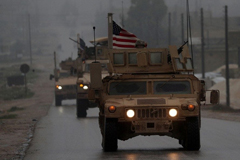 |
Analysis + OpinionJanuary 24, 2019Trump wants a safe zone in Syria. Is that even possible?Sara PlanaThe Washington PostA Jan 13 tweet by President Trump revived the idea of imposing a safe zone--an area meant to protect civilians and minimize refugee burdens within a war zone--in Syria. Syria today looks very different from 2016, the last time there were serious public calls for a safe zone, says Sara Plana in a Washington Post oped. |
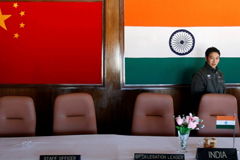 |
In the NewsJanuary 20, 2019Revolution in military affairs and India’s defense preparednessHappymon JacobThe WireVipin Narang on the new revolution in the military affairs (RMA) and its implications on global and regional strategic stability. He discusses China’s growing military capabilities and their impact on India’s defense preparedness. |
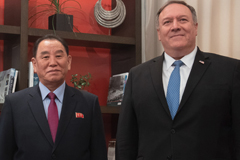 |
In the NewsJanuary 18, 2019Trump agrees to second Kim summit as nuke deal remains elusiveNick Wadhams, Margaret Talev, and Youkyung Lee Bloomberg NewsWorking-level talks between the two envoys “would be real progress,” said Vipin Narang. “We give up swinging for the fences and just get on base. The question is whether there’s enough time between now and February to hammer out the details.” |
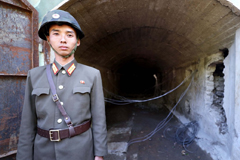 |
In the NewsJanuary 17, 2019Is the US about to lower the bar for North Korea denuclearisation?John PowerSouth China Morning Post“You could have something that talks about slowing the programme down in exchange for sanctions relief or reorientation of the American footprint, or maybe long-term suspension of large exercises with South Korea,” said Vipin Narang, referring to US troops in South Korea. “Both sides can save face then.” |
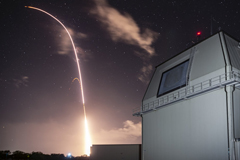 |
In the NewsJanuary 17, 2019Trump unveils ambitious missile defense plansGeoff BrumfielNPRThat adjustment could lead to an arms race, warns Vipin Narang, an arms control expert at MIT. The explicit calling out of Russian and Chinese weapons might provide a political opportunity for those nations to accelerate their programs, he argues. “This will be a gift for Putin.” |

